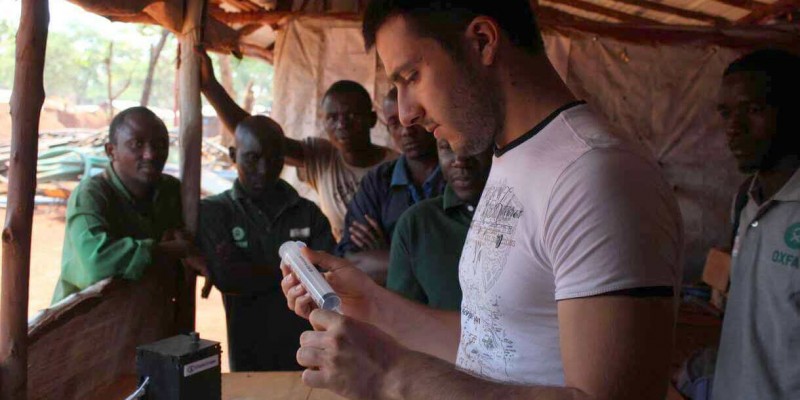

Connections count in development of rapid testing system for bacteria in drinking water
Identifying collaborative partners
Bringing together biologists, physicists, material scientists and engineers to solve a global challenge, was in itself a challenge, but the vision to develop a technology that could provide a sustainable solution and empower communities was just too great an opportunity to leave unfulfilled.
Following attendance on a Cambridge i-Teams Development Programme in 2015, WaterScope was founded by Dr Alexander Patto, Dr Richard Bowman, Dr Nalin Patel and Dr Tianheng Zhao with the intention of harnessing interdisciplinary strengths to develop and design a water testing product for a real-world problem and generate long-term impact.
"Having expertise in physics and life sciences has been crucial to the success of WaterScope."
Top tips for working across disciplines
Harnessing power of the community
With proof of concept achieved, the Waterscope team investigated potential medical applications for their product. Networking paid off with a chance meeting with the Office for Translational Research paving the way for an introduction to the Department of Medicine for a potential urine testing application which led to a successful funding application.
"We have successfully conducted a proof-of-concept on over 200 human urine samples to evaluate the efficiency and efficacy of our current prototype."
- Key Enablers
- University Knowledge Exchange Network
- Connect: Health Tech University Enterprise Zone

Field-testing of product in UK and Africa
Capabilities and skills built
Progression of WaterScope’s technology has put a high demand on rapid prototyping and kit research and development which the team have been able to achieve to a high standard through facilities and the right support from the Connect: Health Tech UEZ community including Cambridge Enterprise and the Judge Business School.
Validating the technology
Connections and networks across the disciplines have enabled field trials: working closely with potential end-users and customers through human centred design workshops. Allowing the team to develop the prototype so it aligns with market and customer needed.
WaterScope has developed an inexpensive, rapid water testing microscope capable of identifying bacterial presence in water in less than six hours – four times faster than current tests available. Their technology uses optics to identify bacterial contamination early and their novel cartridge makes testing extremely simple, not dependent on user skillset or resource availability.
The system is low-cost, needs no internet connection and no phone signal to automatically digitise and disseminate results for real time intervention.
The WaterScope kit consists of two core components: a disposable cartridge to allow for easy sample collection and preparation; and a testing system which includes a microscope and uses machine learning to capture and quantify images of bacterial microcolonies.
The first product being developed is a bacterial test for drinking water. Globally the E. coli water testing kit market is >150M USD in size. The present gold-standard method of testing for bacteria in water entails the following preparation steps: filtration of the water sample; preparation of nutrient agar plates; transfer of the filter membrane to a nutrient agar plate; and incubation.
Most of these processes are conducted inside a laminar flow hood in a lab to reduce the possibility of contaminating the sample. Conducting these steps reliably outside of a lab efficiently is difficult. WaterScope’s innovation is to house all these steps in a single-use cartridge, which makes the gold-standard sample preparation process possible in the field without the need for expensive equipment and significant training.
Market Deployment
WaterScope are effectively miniaturising the petri-dish culture in a cartridge - this reduces the cost per test significantly. The cartridge receives nutrient media that enable bacterial growth similar to that of a standard petri-dish method in the lab. This further increases the versatility and market potential of the kit as any commercially available media can be put in the cartridge which expands the potential testing range to include a variety of different pathogens including, E. coli, Cholera and coliforms, as well as antimicrobial-resistant bacteria.

As WaterScope’s test is based on the fundamentals of the already established test, there are fewer regulatory barriers to commercialisation. Market deployment will be phased through sales to NGOs such as UNICEF and Oxfam and private water testers.





